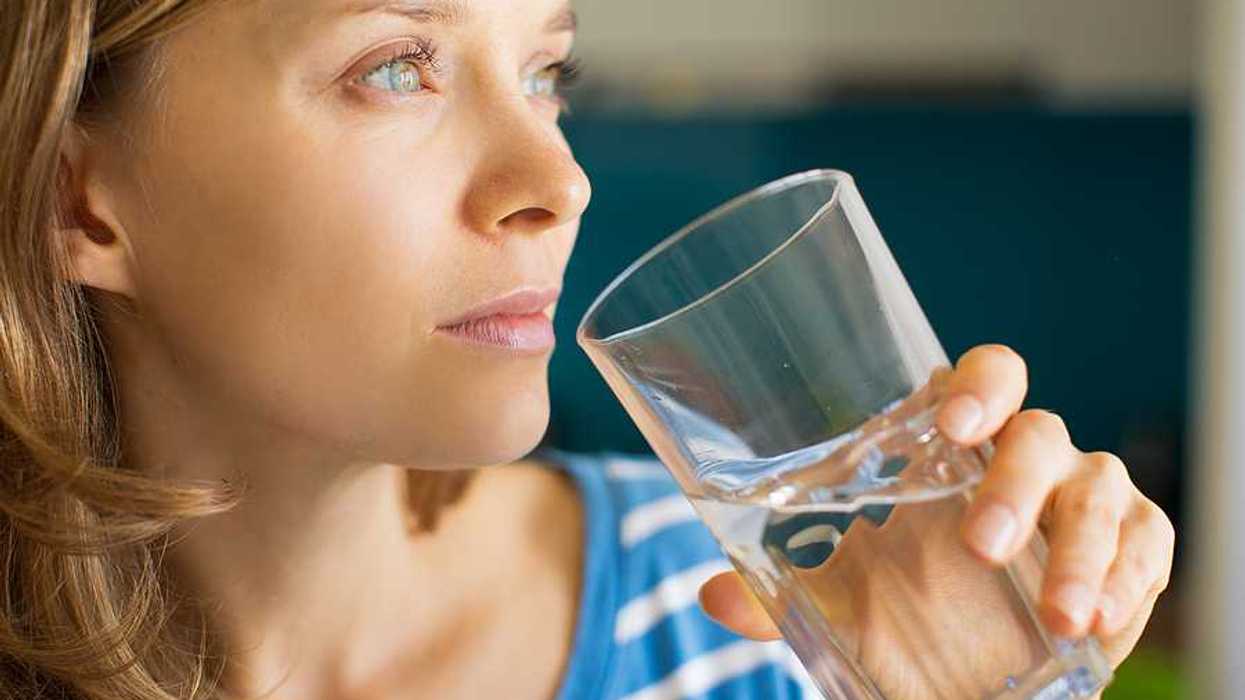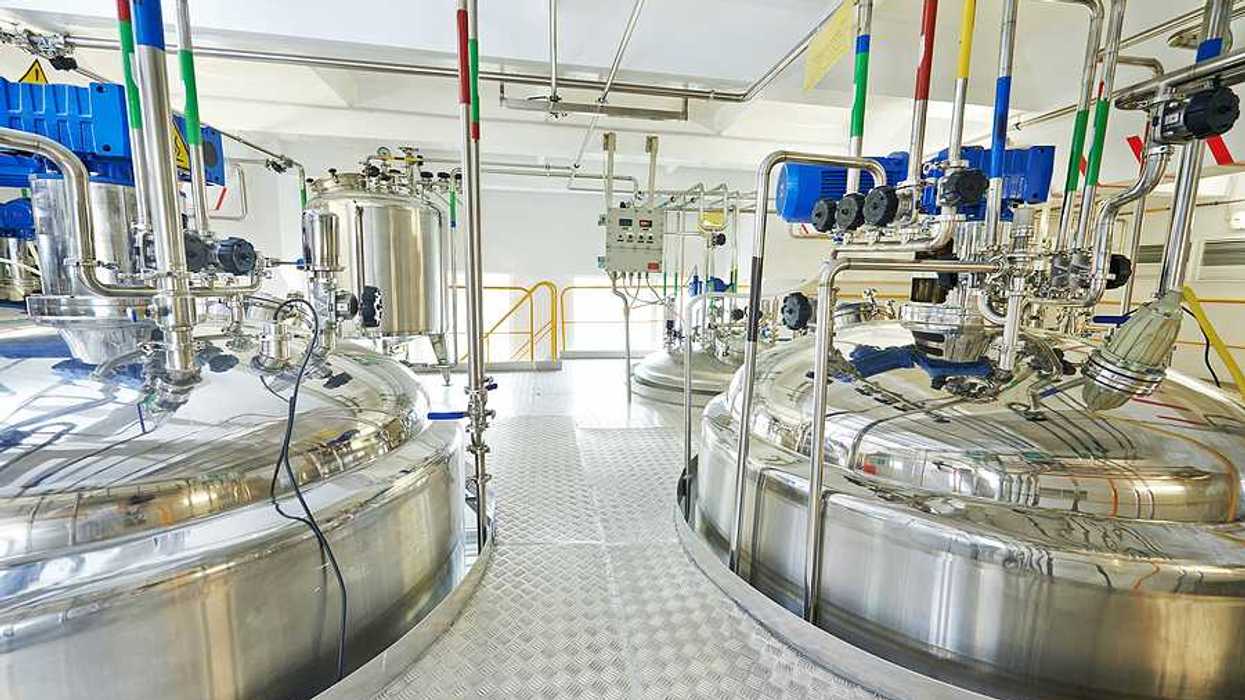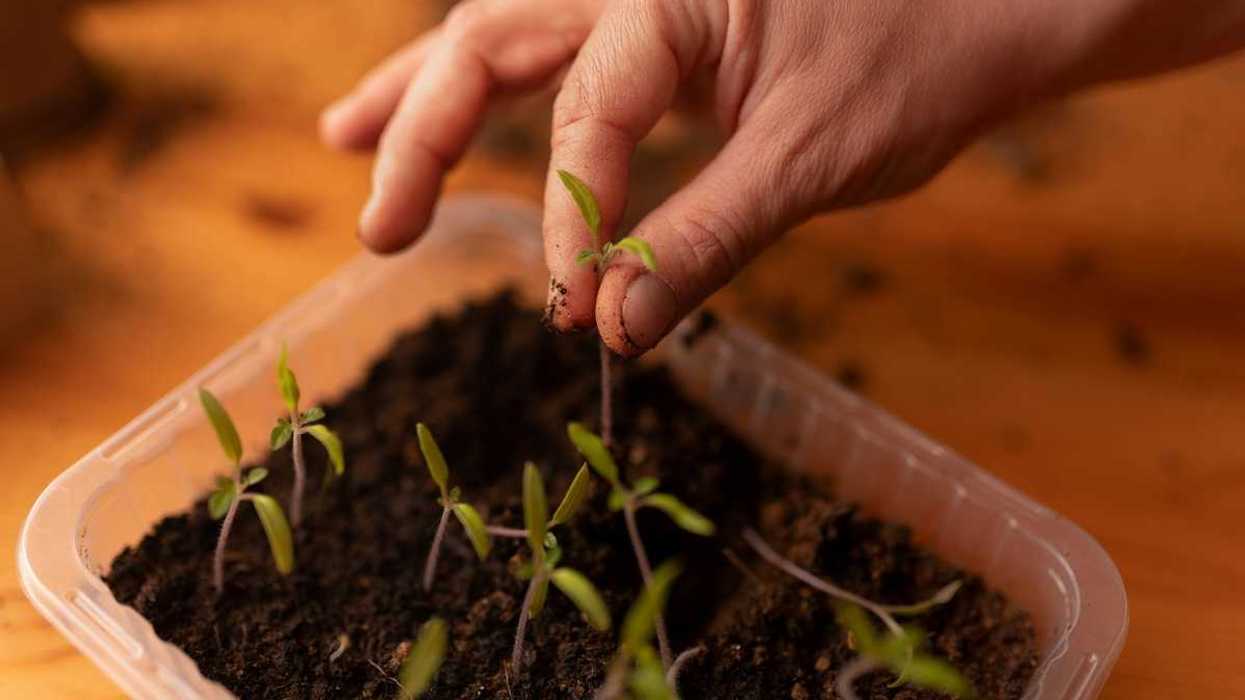In a move that diverges from the European Union's latest environmental protections, England opts not to implement stricter regulations on water pollution from pharmaceutical and cosmetic industries.
Helena Horton and Sandra Laville report for The Guardian.
In short:
- The EU has updated its water treatment rules to include "polluter pays" principles, requiring industries to cover costs for chemical pollution cleanup.
- This update aims to significantly reduce micropollutants and nutrients in waterways, a measure England is not adopting.
- Northern Ireland and Scotland are moving towards adopting these or similar regulations, signaling a potential policy divergence within the UK.
Key quote:
"The UK must urgently mirror EU measures to make polluters pay to remedy the problems they cause, as well as to ban the use of harmful chemicals at source, before they harm our health and pollute our environment."
— Chloe Alexander, senior campaigner at the CHEM Trust
Why this matters:
Ingredients in medications and personal care products, often referred to as emerging contaminants, are increasingly detected in water bodies around the globe. These substances enter aquatic ecosystems through various pathways, including the discharge of treated and untreated sewage, runoff from agricultural lands and improper disposal of unused medications.
A little bit of an anti-depressant makes wild guppies less active, camp out more under plants and freeze up for longer after something scares them, according to a 2017 study.














